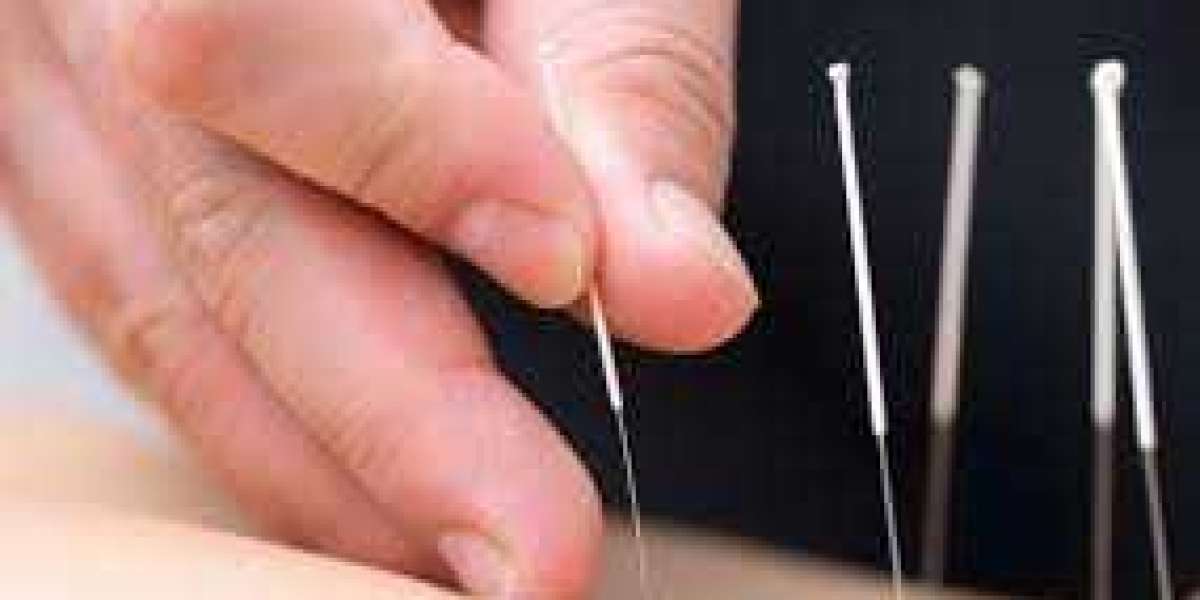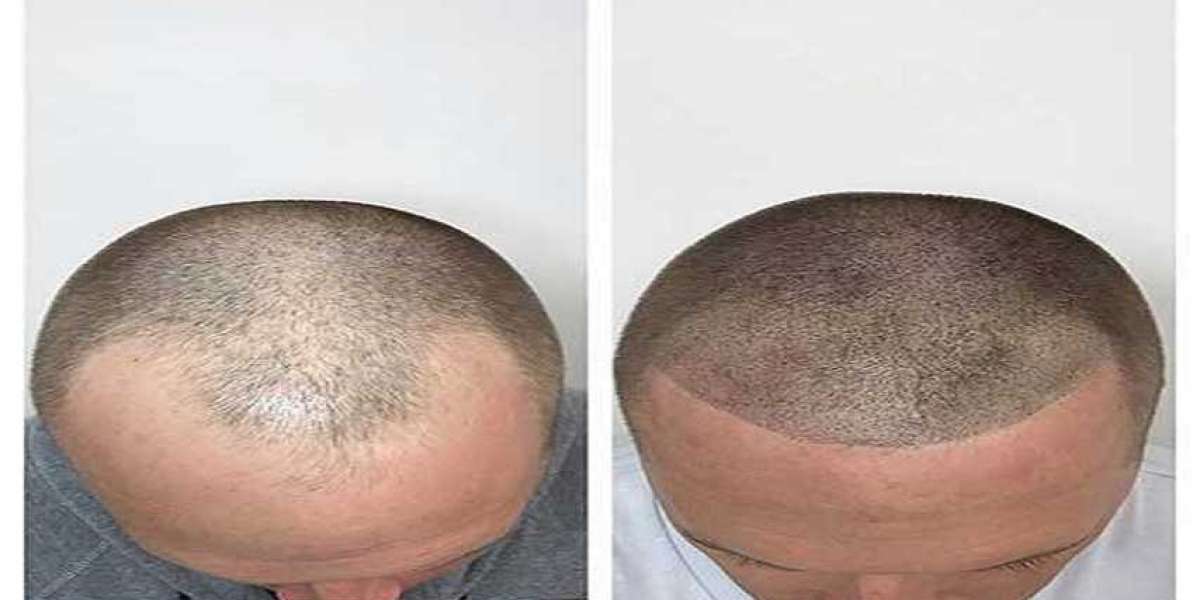Acupuncture has steadily gained popularity in the athletic world for its potential to enhance performance, speed up recovery, and manage pain. Used for thousands of years in traditional Chinese medicine, this practice involves inserting thin needles into specific points on the body to stimulate energy flow or “Qi.” But as more athletes turn to acupuncture for sports performance, a natural question arises: Are there any risks or side effects associated with its use?
In this in-depth blog post, we will explore the science, benefits, risks, and safety of acupuncture as it pertains to athletic enhancement. This article adheres to Google’s E-A-T (Expertise, Authoritativeness, Trustworthiness) guidelines and provides research-backed insights.
Understanding Acupuncture in Sports Performance
Acupuncture is increasingly being integrated into sports medicine and rehabilitation programs. According to the National Center for Complementary and Integrative Health (NCCIH), acupuncture is one of the most well-researched forms of complementary medicine in the United States.
Athletes use acupuncture for:
- Pain management (e.g., muscle strains, joint inflammation)
- Recovery enhancement post-workout or post-competition
- Stress reduction and mental clarity
- Improved circulation and flexibility
A study published in the Clinical Journal of Sport Medicine (2017) found that acupuncture can reduce delayed onset muscle soreness (DOMS), supporting faster recovery between training sessions or competitions.
Additionally, acupuncture has been shown to increase endorphin levels, which helps reduce pain and induce a sense of well-being—crucial for maintaining consistent performance.
The Benefits of Acupuncture for Sports Performance
While most athletes explore acupuncture to treat injuries, its preventive and performance-enhancing benefits are also worth noting.
1. Pain and Inflammation Relief
Athletes frequently deal with pain from overuse, sprains, or acute injuries. Acupuncture has been proven effective in decreasing inflammation and alleviating pain through stimulation of the central nervous system. It activates opioid peptides and affects neurotransmitters, providing a natural analgesic effect.
Research Insight:
A 2018 meta-analysis in Pain Medicine found that acupuncture reduced chronic musculoskeletal pain more effectively than both no treatment and sham treatments.
2. Improved Blood Circulation
By stimulating specific points, acupuncture promotes vasodilation, which increases blood flow to muscles and tissues. Improved circulation can enhance oxygen delivery and speed up the healing of micro-tears in muscles.
3. Enhanced Muscle Recovery
Incorporating acupuncture into a recovery routine can reduce muscle fatigue, stiffness, and the risk of injury. Recovery is an essential component of high-performance training, and acupuncture helps facilitate a faster return to peak condition.
4. Stress Reduction and Mental Focus
Mental performance is as critical as physical ability in competitive sports. Acupuncture has been shown to lower cortisol levels, reduce anxiety, and improve sleep quality, which in turn boosts cognitive focus and emotional resilience.
5. Boosted Endurance and Energy
While still under investigation, some studies suggest acupuncture may influence VO₂ max (maximum oxygen uptake), helping athletes improve their endurance over time.
Are There Any Risks or Side Effects of Acupuncture?
Despite the growing acceptance and clinical validation, acupuncture—like any medical intervention—does carry certain risks and potential side effects. However, when performed by a licensed and trained practitioner, these risks are minimal.
Common Side Effects:
- Mild soreness or aching at needle insertion points
- Small bruising or bleeding
- Fatigue or drowsiness after treatment
- Temporary emotional release (e.g., crying or laughing)
These are generally mild and short-lived.
Rare but Serious Risks:
- Infections due to non-sterile needles (preventable with proper hygiene protocols)
- Organ puncture (extremely rare, particularly with deep needling techniques near the lungs or abdomen)
- Nerve damage (rare and typically linked to improper technique)
Note: Most side effects occur when acupuncture is done by unlicensed or undertrained individuals. The World Health Organization (WHO) emphasizes the importance of seeking treatment from certified professionals to ensure safety.
Special Considerations for Athletes
1. Timing and Scheduling
It’s advised not to schedule acupuncture sessions immediately before a high-stakes competition. While it can be beneficial for recovery and pain relief, some people feel temporary fatigue or emotional shifts after treatment.
2. Allergic Reactions
If herbal medicines or liniments are used in tandem with acupuncture, some individuals may experience allergic reactions. Always disclose allergies to your practitioner.
3. Medical Conditions
Athletes with bleeding disorders, pacemakers, or those who are pregnant should notify their acupuncturist, as modifications may be necessary.
4. Doping and Anti-Doping Considerations
Acupuncture itself is not banned by any major anti-doping agencies. However, if herbal medications are prescribed in conjunction, ensure they’re free from banned substances. Always verify with WADA (World Anti-Doping Agency) compliance before using any traditional remedies.
Commercial Insights: Acupuncture Services for Athletes
With the rise in demand, clinics now offer customized acupuncture for sports performance programs. These are tailored to:
- Professional and amateur athletes
- Gym-goers and fitness enthusiasts
- Sports rehab patients
Many physiotherapy centers and wellness clinics are now integrating sports acupuncture into broader treatment protocols.
If you’re considering trying acupuncture, ensure the practitioner is:
- Licensed by a recognized acupuncture board (e.g., NCCAOM in the U.S.)
- Experienced in treating athletic injuries
- Working within a facility that follows modern hygiene protocols
Real-World Examples: Athletes Who Use Acupuncture
Some top-level athletes publicly endorse acupuncture:
- Kobe Bryant credited acupuncture for speeding up his recovery from injuries during his NBA career.
- Michael Phelps has been seen using cupping therapy and acupuncture for muscle recovery during Olympic training.
- Novak Djokovic combines acupuncture with a gluten-free diet and other alternative therapies to maintain peak condition.
These examples highlight that acupuncture isn’t just for rehab but also a proactive tool for performance enhancement.
FAQs
1. Is acupuncture safe for all athletes?
Yes, when performed by a licensed practitioner. It’s crucial to disclose your medical history for safety.
2. How soon can results be seen?
Some athletes report immediate relief, while others notice benefits after multiple sessions depending on their condition.
3. Can acupuncture replace physiotherapy or medication?
Not entirely. It’s best used as a complementary therapy, not a standalone solution.
4. How often should athletes get acupuncture?
This depends on individual needs. Some opt for weekly sessions during training, while others use it post-injury or before competitions.
5. Does acupuncture enhance physical strength directly?
No. While it doesn’t increase muscle strength directly, it supports better recovery, mobility, and endurance.
Conclusion
Acupuncture is a time-tested therapy now backed by modern science, offering real benefits for sports performance—from pain relief to faster recovery. While the risks and side effects of acupuncture for sports performance are minimal when practiced correctly, understanding them ensures safer and more effective use.
Whether you’re a seasoned athlete or a weekend warrior, integrating acupuncture for sports performance can provide a natural edge in your training and recovery routines. Just remember—always consult with professionals and prioritize your long-term health.
Ready to give your performance a natural boost—have you considered acupuncture as part of your athletic toolkit?








